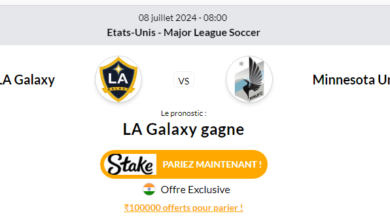“Comprehensive Guide to Medical School Interviews: Essential Information for Applicants”

Prospective medical school applicants should approach their interviews with the same dedication as a full-time job. This involves dressing professionally, maintaining a formal tone, and thoroughly preparing for potential questions and prompts.
Medical School
Beth Piraino, the associate dean of admissions and financial aid at the University of Pittsburgh School of Medicine, emphasizes the significance of the interview day in the selection process. The interview day, she notes, can make or break candidates and requires careful preparation.
The interview approaches vary among medical schools. Piraino highlights that at the University of Pittsburgh, they conduct two one-on-one interviews—one with a medical student and another with a faculty member. Additionally, a team exercise or small group exercise is included, aligning with the school’s small group-based curriculum.
Applicants at Pitt are presented with a menu of questions, from which they choose four to answer during the interview. These questions often involve ethical dilemmas and require approximately 40 minutes of discussion in a small group Zoom format. For instance, scenarios could revolve around a patient frustrated with communication issues within a healthcare team or a pandemic scenario with overwhelmed emergency rooms and scarce resources.
The University of New Mexico School of Medicine adopts a holistic interview approach, considering the full spectrum of an applicant’s attributes and contributions to medicine and patient care. Robert Sapien, the school’s associate dean for admissions, emphasizes the importance of evaluating applicants beyond grades and scores.
Many medical schools, including the University of Minnesota Medical School, employ multiple mini interviews (MMI). These short and focused interviews, likened to speed dating by Dimple Patel, the associate dean of admissions at the University of Minnesota, cover specific questions or scenarios. Some MMI stations assess empathetic skills through role-playing exercises, such as delivering difficult health news, while others evaluate an applicant’s ability to navigate challenging situations professionally, including admitting and rectifying mistakes.




